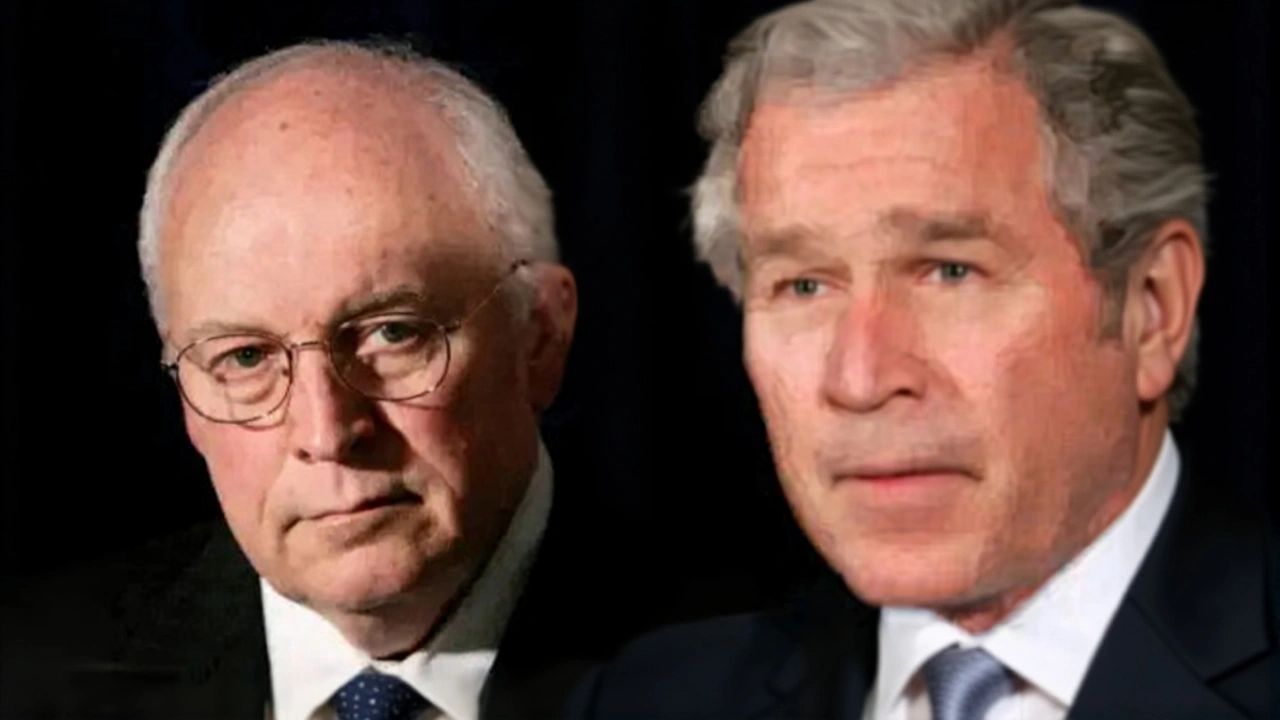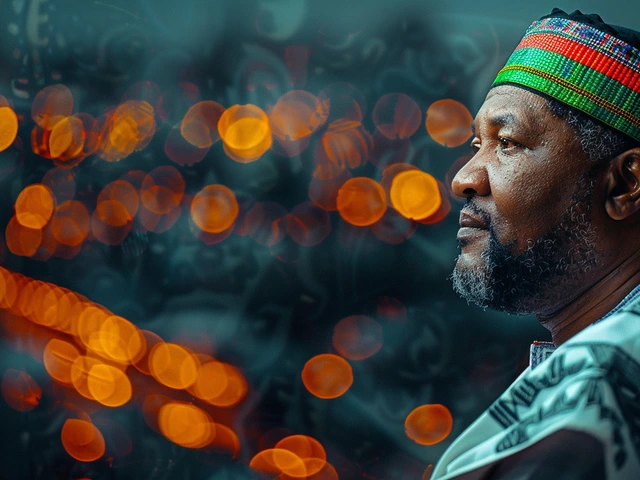Dick Cheney: His Political Legacy, Influence on U.S. Foreign Policy, and Lasting Impact
Dick Cheney, the 46th Vice President of the United States and one of the most powerful figures in modern American politics. Also known as the hidden hand behind Bush-era policies, he didn’t just serve as vice president—he redefined what the role could do. Unlike many who held the office, Cheney didn’t wait for invitations to lead. He was in the room when the biggest decisions were made—after 9/11, during the Iraq War, and in the creation of the NSA surveillance programs. His influence came not from charisma, but from deep experience in defense, intelligence, and executive power.
Cheney’s background as Secretary of Defense under George H.W. Bush gave him a clear view of how military force could be used to reshape global politics. He believed in strong, preemptive action. That mindset shaped the 2003 invasion of Iraq, based on intelligence later questioned by multiple investigations. He also pushed for expanded executive authority, arguing that national security needed fewer checks and balances. These positions didn’t just affect policy—they changed how future administrations viewed the presidency and its limits.
His relationship with George W. Bush was unlike any other vice president-president pairing. Cheney wasn’t a sidekick. He was the strategist, the gatekeeper, the one who knew where the levers were. He worked closely with figures like Donald Rumsfeld and Condoleezza Rice, forming a tight circle that controlled the flow of information and decisions. Even after leaving office, his opinions carried weight. He appeared on TV, wrote op-eds, and advised Republican leaders on defense matters well into his 70s.
What you’ll find in the posts below isn’t just news about Dick Cheney—it’s the ripple effect of his choices. From U.S. military operations in the Middle East to how the country handles surveillance and secrecy, his fingerprints are everywhere. You’ll see how his legacy connects to recent events: the withdrawal from Afghanistan, debates over drone strikes, and the ongoing tension between security and civil liberties. These aren’t old stories. They’re still shaping today’s headlines.





